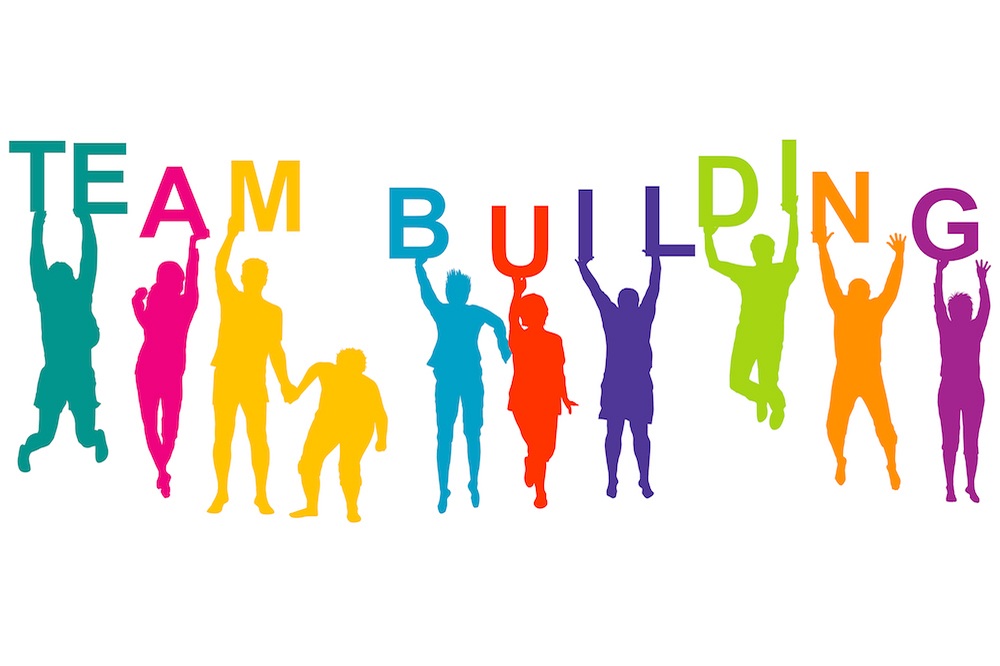When most of us look back on our childhood years we do so with fond, warm memories. We often reminisce about the good times, the long summers when we were allowed to stay out a little later to ride around on our Raleigh Choppers; the family holidays often filled with trips to the zoo; the seaside and the funfair. We spent most of our time outdoors, swinging high into the sky on our swing or bouncing up and down the pavements; chasing our friends on Space Hoppers.
In the absence of modern technology, our childhood imaginations often ran riot. Skipping around the garden and over upturned buckets we imaged we were cantering with our own pony, competing at a gymkhana (and obviously winning!). We played libraries with our own book collections, played schools with our dolls and teddies and set up a post office in a large cardboard box.

When we grew tired of our imaginary games we often turned to the ready-made variety. Playing board games with our siblings or parents taught us many different skills – patience, dexterity, memory recollection, numeracy, spelling and communication – all this while we were having fun! The games didn’t have to be complicated – even the more simple ones taught us valuable lessons, here are some examples:
Scrabble – This is still is a brilliant game to improve a child’s spelling and language skills. It also involves strategic thinking and numerical skills for scoring.
Snakes and Ladders – A roll of the dice determines whether you will climb up a ladder and reach a higher score or whether you are taken back down a level. This simple game helps children to literally deal with the ups and downs of every life including how to cope with disappointment and frustration.
Ker-Plunk – A game where marbles were suspended in a clear tube by a network of sticks. This required a steady nerve, dexterity skills and forward thinking to ensure the marbles did not fall when each stick was removed.
Mouse Trap – Another ideal game to improve manual dexterity skills as you needed to actually construct the mouse’s assault course. The course was brightly coloured and some of the components made noises as the ball bearing followed its path around the course.
Playing games with your friends and family gives you a feeling of being part of a team, it also brings out your competitive streak. Discussing rules, arguing with your fellow players and even a little cheating and telling of white lies provides you with valuable social skills you still use today.



